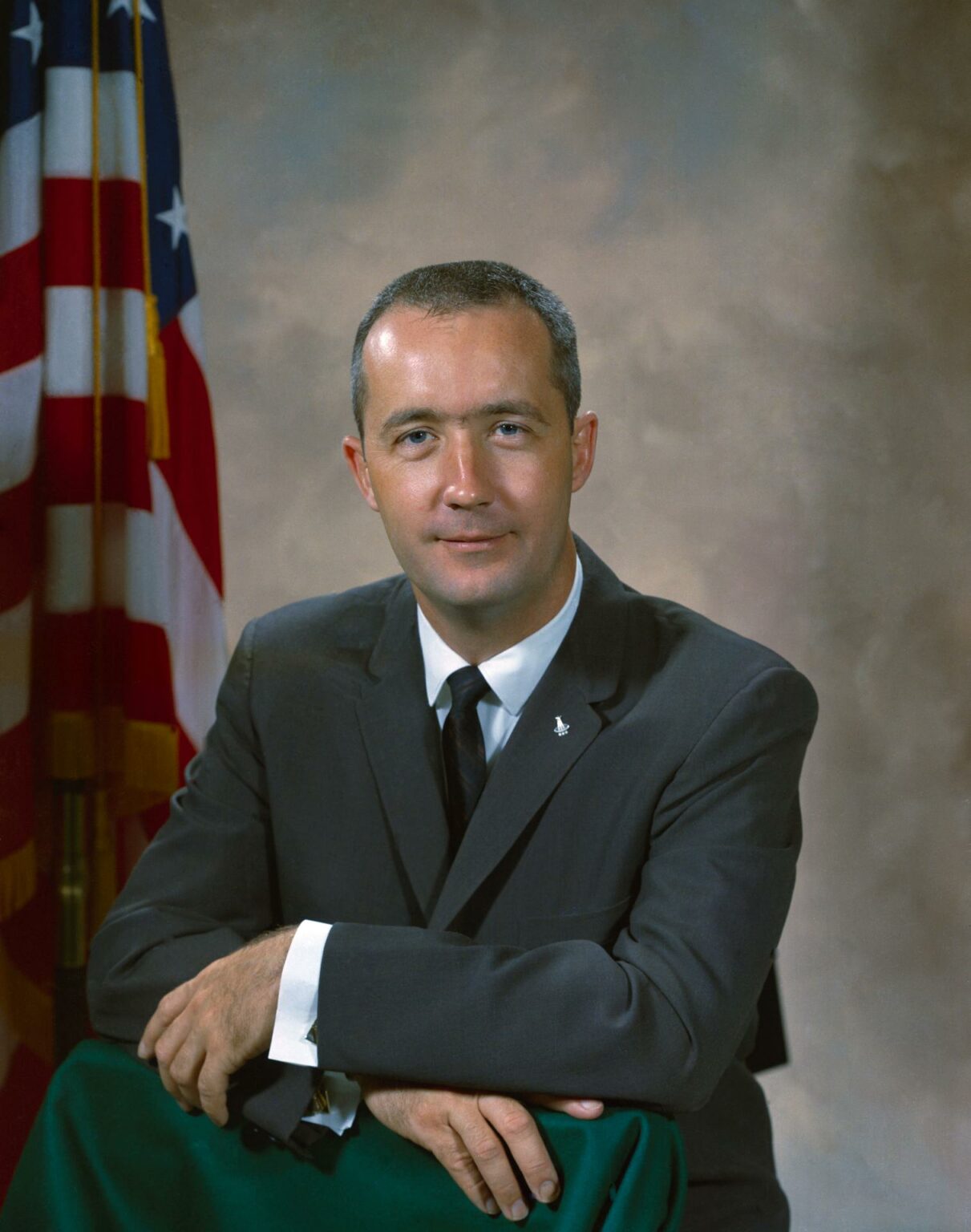At the age of 94, former NASA astronaut James McDivitt passed away. He commanded the Apollo 9 mission, during which the lunar module was first tested in space.

James McDivitt was born in 1929 in Chicago. In 1951, he joined the United States Air Force. McDivitt participated in the Korean War, flew 145 combat missions in F-80 and F-86 aircraft. Later he became a test pilot. In total, McDivitt flew over 5,000 hours on airplanes of different classes.
In 1962, McDivitt joined the second set of NASA astronauts. He made his first flight into orbit in June 1965 as the commander of the Gemini 4 mission spacecraft. During it, McDivitt’s partner, pilot Edward White, made the first spacewalk for American astronauts.
McDivitt went into space for the second time in March 1969. He commanded the Apollo 9 mission. Its main task was to test the lunar module in near-Earth orbit. On the fifth day of the flight, McDivitt and astronaut Russell Schweickart moved into the lunar module, after which they separated from the command module and went on an independent flight. In the future, the astronauts performed a number of maneuvers, making sure that all the systems of the apparatus were working properly, and then they docked with the command module again and returned safely to Earth. The success of Apollo 9 opened the way for the Apollo 10 mission, which became a dress rehearsal for the landing of a man on the Moon.

After the Apollo 9 flight, McDivitt became the head of operations for the manned landing on the Moon, and then the head of the Apollo program (under his command, the Apollo 12 — Apollo 16 missions took place). In the summer of 1972, McDivitt left the ranks of NASA, after which he was engaged in business.
James McDivitt passed away on October 13, 2022. It is reported that the former astronaut died in his sleep at home surrounded by family and friends.
According to https://www.nasa.gov
Follow us on Twitter to get the most interesting space news in time
https://twitter.com/ust_magazine

